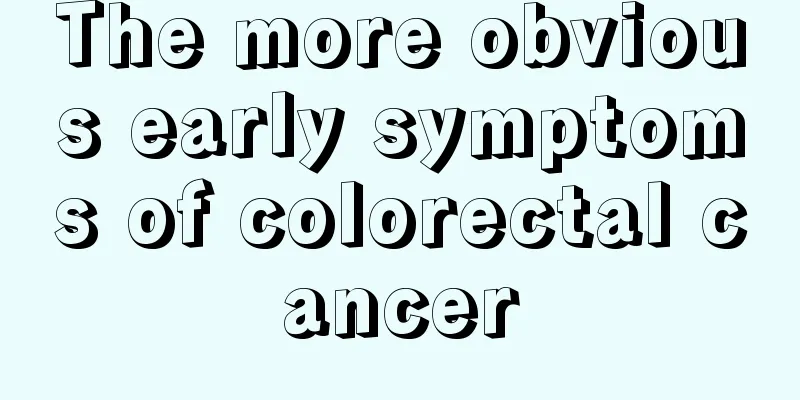Why does my back hurt when I bend over?

|
Moreover, many people often feel bursts of pain in the back when they bend over. Many people will think that they have some lumbar disc disease. Even if the back hurts when bending over, it is not necessarily completely related to lumbar disc disease. The main and radiating pain in the lower limbs, because the back pain caused by conduction, and the pain in the waist and back, including muscle paralysis and numbness, may cause patients to experience back pain. 1. Pain in the waist and back: This pain occurs before leg pain, or may occur at the same time. The pain is mainly in the lower back or lumbosacral area. The main cause of the pain is that the intervertebral disc herniation stimulates the sinus nerve fibers in the outer layer of the annulus fibrosus and the posterior longitudinal ligament. The pain is deep and difficult to locate, and is usually dull, stabbing or radiating. 2. Radiating pain in the lower limbs: Since lumbar disc herniation mostly occurs in the L4, 5 and L5-S1 intervertebral spaces, and the sciatic nerve comes from the L4, 5 and S1-3 nerve roots, patients with lumbar disc herniation often have sciatica or it starts in the buttocks and gradually radiates to the posterior and lateral thigh, lateral calf, dorsum of the foot, lateral sole of the foot, and toes. Central protrusion often causes bilateral sciatica. The electric-like radiating pain in the lower limbs worsens when the intra-abdominal pressure increases due to coughing, sneezing, urination or defecation. 3. Numbness and abnormal sensation: After lumbar disc herniation, it may cause local compression and involved compression in the nerve root contact area, which will compress the fibers and blood vessels of the nerve roots themselves and cause ischemia and hypoxia. Therefore, abnormal sensations such as pain and numbness will appear in the area innervated by the affected nerve roots. 4. Muscle paralysis: If lumbar disc herniation compresses the nerve roots for a long time, it may cause ischemia, hypoxia and degeneration of the nerve roots, resulting in nerve paralysis and muscle paralysis. Herniation of the L4 and L5 intervertebral disc can cause L5 nerve root paralysis, resulting in paralysis of the tibialis anterior, peroneus long and brevis, extensor hallucis longus and extensor digitorum muscles. After L5-S1 intervertebral disc herniation, the S1 nerve root is affected and paralyzed, resulting in paralysis of the triceps surae. |
<<: Can I eat durian every day?
>>: Why do I feel dizzy after eating durian?
Recommend
How to eat South African grapefruit
The taste of grapefruit grown in each region is d...
Are there any early symptoms of prostate cancer? What are the precursors of prostate cancer?
Nowadays, many cancers threaten people's heal...
Caused by thick thigh roots
Thick thigh roots are mainly related to long-term...
What are the preferred examination items for kidney cancer
What tests should be done if you have kidney canc...
My cheeks hurt when I eat
Cheek pain has a great impact on people's dai...
What to do if advanced lung cancer and cerebral infarction occur at the same time
What should I do if advanced lung cancer and cere...
Can I take ceftriaxone after drinking alcohol? This is the consequence!
Cephalosporin is a common anti-inflammatory drug ...
Which acupoint is better to massage for knee pain?
Many people often experience symptoms of knee pai...
Why is my girlfriend angry
For men and women who are in love, the thing that...
Can liver cancer patients eat turtle soup?
Liver cancer patients can eat turtle soup, but th...
Before and after comparison of eye bag removal
For female friends, having eye bags is really ann...
What to do if spinal degeneration occurs?
The spine is a very important foundation for peop...
What causes tears and pain in the eyes
Under normal circumstances, the lacrimal glands i...
Can nasopharyngeal cancer cause toothache?
Can nasopharyngeal cancer cause toothache? 1. It ...
How to perform functional exercises on the affected limb after breast cancer surgery
Breast cancer is a health "killer" of f...









